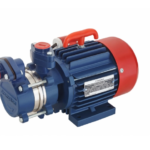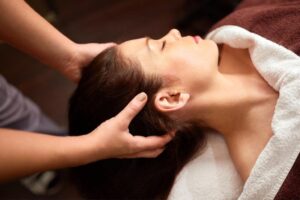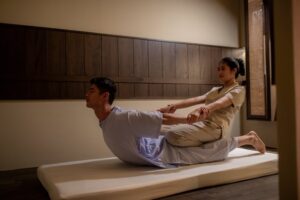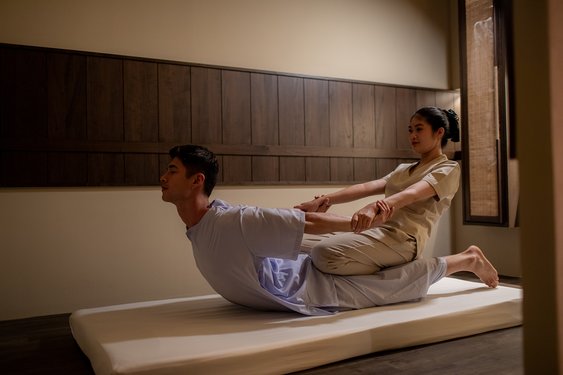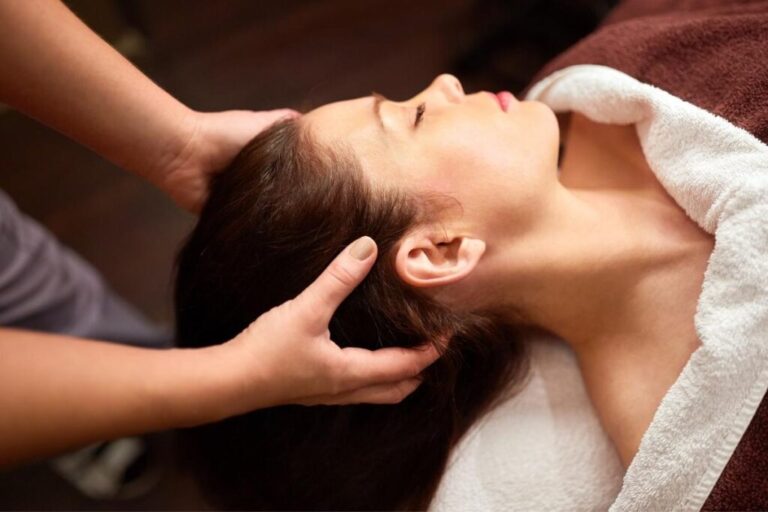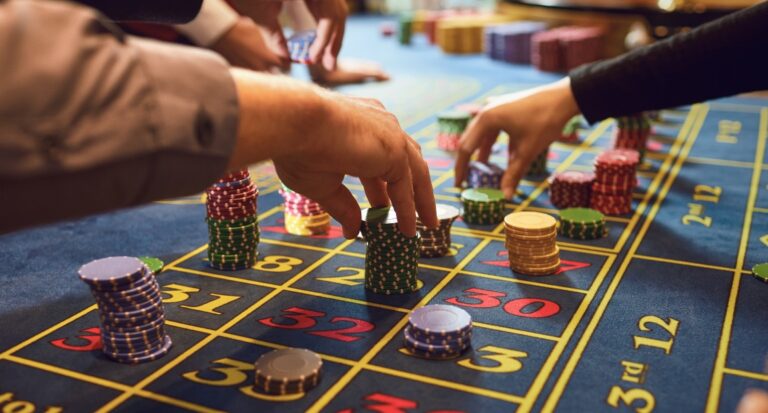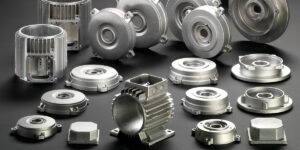Massages have been practiced for centuries as a therapeutic art form, offering a holistic approach to health and relaxation. Rooted in ancient cultures across the globe, massage therapy has evolved into a modern wellness practice cherished by people from all walks of life. At its core, a massage involves the manipulation of soft tissues, muscles, and joints to relieve tension, improve circulation, and promote overall well-being. The versatility of massages is one of their greatest strengths, as they cater to various needs, whether it’s for relaxation, pain relief, or recovery from physical exertion. This age-old tradition continues to thrive in today’s fast-paced world, providing a vital escape from the stresses of daily life.
One of the primary benefits of massages is their ability to relieve physical discomfort and enhance recovery. Techniques like deep tissue massage are particularly effective for addressing chronic pain and muscular tension, as they target the deeper layers of muscle and connective tissue. Similarly, sports massages are designed for athletes, helping them prepare for intense physical activity or recover after a strenuous workout. Improved blood circulation is another key benefit of massages, as it helps deliver oxygen and nutrients to tissues while facilitating the removal of metabolic waste. Regular massage therapy can also enhance flexibility, improve posture, and reduce the risk of injury, making it a cornerstone of physical health maintenance.
Beyond the physical benefits, massages have a profound impact on mental and emotional well-being. The calming environment of a massage session, combined with the soothing touch of a skilled therapist, can significantly reduce stress levels. Studies have shown that massages decrease the production of cortisol, a stress hormone, while boosting serotonin and dopamine, which are associated with feelings of happiness and relaxation. This hormonal balance can help alleviate anxiety, combat depression, and improve overall mood. Moreover, massages encourage mindfulness by grounding individuals in the present moment, providing a mental break from daily worries and fostering a sense of inner peace.
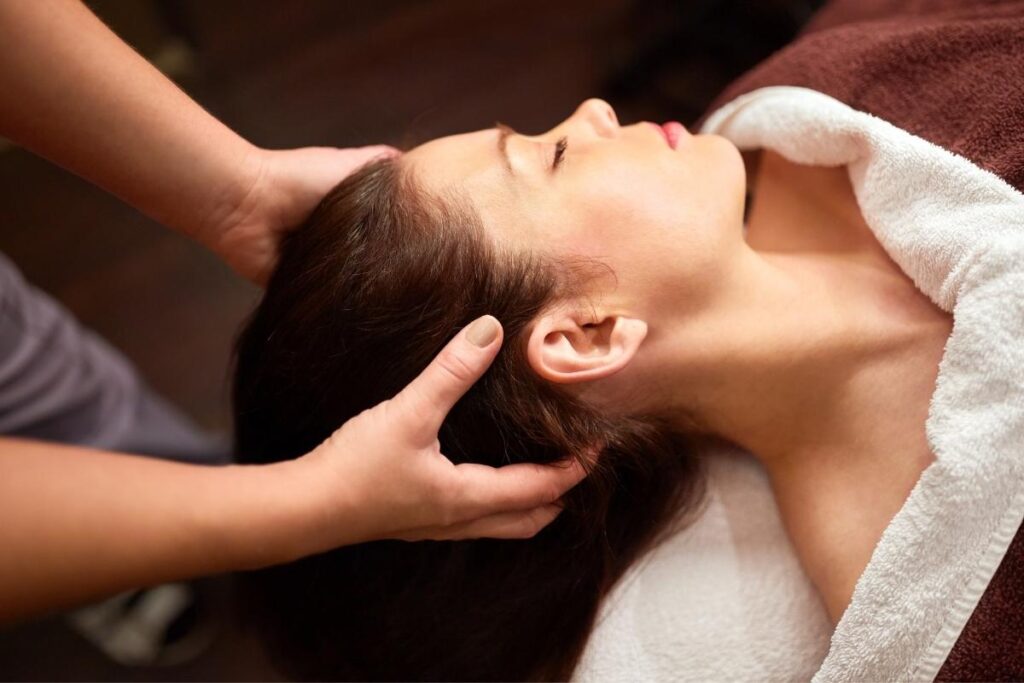
Culturally, b2b ipoh massages hold deep significance and reflect the diverse ways people have sought healing through touch. In ancient China, massages were integral to traditional medicine, focusing on restoring energy flow through the body’s meridians. Thai massages combine acupressure, stretching, and rhythmic compression to achieve physical and energetic balance. In Swedish culture, massages emphasize long, gliding strokes to relax the muscles and improve circulation. These traditional practices have influenced the modern techniques we see today, illustrating how massages transcend time and geography to become a universal symbol of care and healing.
In today’s wellness-focused society, massages have gained immense popularity as a self-care essential. Spas, wellness centers, and clinics offer an extensive range of massage services tailored to different needs, from brief chair massages for instant relief to luxurious full-body treatments for deep relaxation. Innovations in technology have also made massages more accessible, with tools like massage chairs, handheld devices, and portable rollers allowing individuals to experience the benefits from the comfort of their homes. Additionally, many workplaces have started incorporating massage therapy into their wellness programs, recognizing its role in reducing stress, boosting morale, and enhancing productivity among employees.
Massages are far more than a luxury; they are a powerful tool for nurturing physical and mental well-being. Their ability to alleviate pain, reduce stress, and promote relaxation has made them a timeless practice embraced by cultures around the world. Whether you’re seeking relief from chronic discomfort, looking to unwind after a long day, or simply indulging in self-care, massages offer a path to wellness that combines science, tradition, and personal connection. As we continue to navigate the demands of modern life, massages remain an enduring source of comfort, healing, and rejuvenation, proving that the power of touch is truly transformative.





